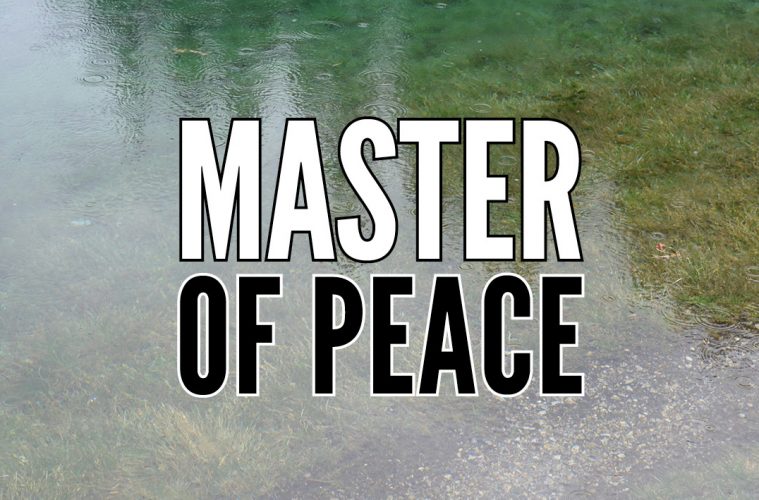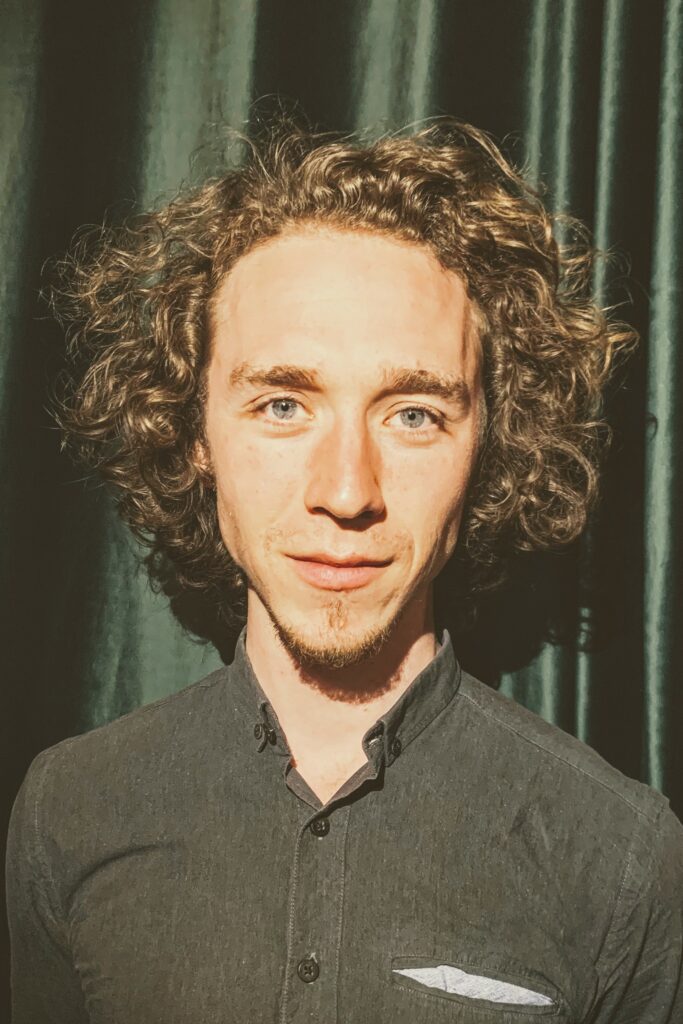On the Facilitation of Courage to Imagine Peaceful Change
In peace facilitation, education, and research, the focus is increasingly on the human mind as a source of hatred, violence, and war. My thesis is designed to help people interested in peace and conflict transformation understand the mental and social processes that enable us to engage in peaceful dialogue. Conditions are explored to provide a safer space for voluntarily stepping out of the comfort zone into a conflict-positive space supported by values and clear norms.
The qualitative content analysis of six expert interviews results in methodological impulses and didactic considerations for practitioners on planning their own workshops or facilitation sessions. The exploration navigates between the embodied individual and group experience, and a critical discussion on global peace and conflict that sheds light on the context in which the research takes place.
Regarding the process of creating this thesis, it can be said that the stillness after my last presence phase in the Innsbruck Peace Studies Program in March 2020 did me good. The whole world suddenly became quiet and, in the existential global-crisis dynamics that unfolded around the novel coronavirus, I began to research and write like a maniac. Conducting the interviews would have been online anyway because of the international interviewees, so the external circumstances did not create additional barriers. I was also glad that the transcription, analysis and discussion of the interview content went smoothly on the technical level.
A heartfelt gratitude to my interviewees who so generously shared their knowledge and life experiences with me. The interviews inspired a more nuanced view of the research problems presented. The fascination with the topic of how discomfort can support the development of peaceful dialogue continued for me throughout the research and writing process. The cultural-theoretical and sociological refinement of the ideas expressed could be of interest for further research.
JULIAN PHILIPP MAREK ZINK was born in 1992 in Einbeck, Germany. He works as a rhythmician/music and movement educator in a therapeutic setting and as a consultant in environmental education, social counseling and violence prevention. He completed his Bachelor’s degree at the University of Music and Performing Arts Vienna and finished the “Master of Arts Program for Peace, Development, Security and International Conflict Transformation” at the University of Innsbruck in 2020. His master thesis was published as a book by innsbruck university press (iup) in 2021.


